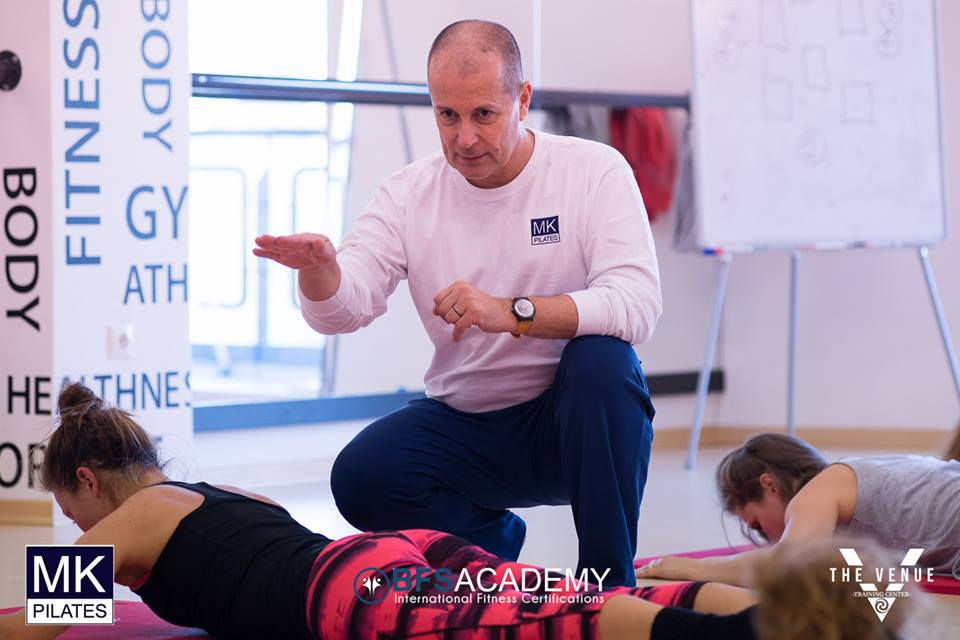Pilates Wellness Wednesday: Wellness, and Hearing Loss
- Michael King

- Sep 24, 2025
- 2 min read

Hearing loss often creeps in without notice. It is not always sudden. Many people only realise when conversations become difficult, or when family members complain that the television is too loud. Early awareness is important, because untreated hearing loss can affect more than your ears.
Signs of hearing loss
Struggling to follow conversations, especially in noisy places
Asking people to repeat themselves
Turning up the volume on TV or headphones
Feeling tired or stressed from trying to listen
Ringing in the ears (tinnitus)
In a class setting, not following cues or looking visually out of alignment with the group, often because they have not clearly heard the instruction
Reasons for hearing loss
Ageing, with natural changes in the inner ear
Repeated exposure to loud sounds
Ear infections or blockages
Certain medications with side effects on hearing
Genetic predisposition
Links to wider health: Hearing loss is not isolated. Research shows strong links between hearing loss and dementia. The brain has to work harder to process unclear sounds, which can reduce resources for memory and thinking. Over time, this strain can accelerate cognitive decline. Hearing loss is also connected to social withdrawal, which increases risk for depression and reduced overall wellbeing.
What you can do
Get regular hearing checks after 50, earlier if you notice problems
Use hearing protection in noisy environments
Avoid prolonged headphone use at high volumes
Stay socially active to keep the brain stimulated
Explore hearing aids or assistive devices if needed
Exercises and support: You cannot rebuild damaged hair cells in the inner ear, but you can train the brain to listen better. This is sometimes called auditory training. It includes:
Listening to conversations with background noise and slowly improving focus
Practising lip reading alongside listening
Using memory games that involve repeating back numbers or words
Breathing and relaxation exercises, such as Pilates-based breath work, to reduce listening fatigue and stress
Pilates does not restore hearing, but it supports posture, circulation, and breathing, which all improve how well you manage fatigue and stay engaged socially. Movement keeps the whole body healthy, which indirectly supports your hearing health and brain health.
Takeaway: Hearing loss is not only about the ears. It affects communication, mood, and long-term brain health. Early detection, healthy habits, and consistent exercise, both physical and auditory, make a difference.




Comments